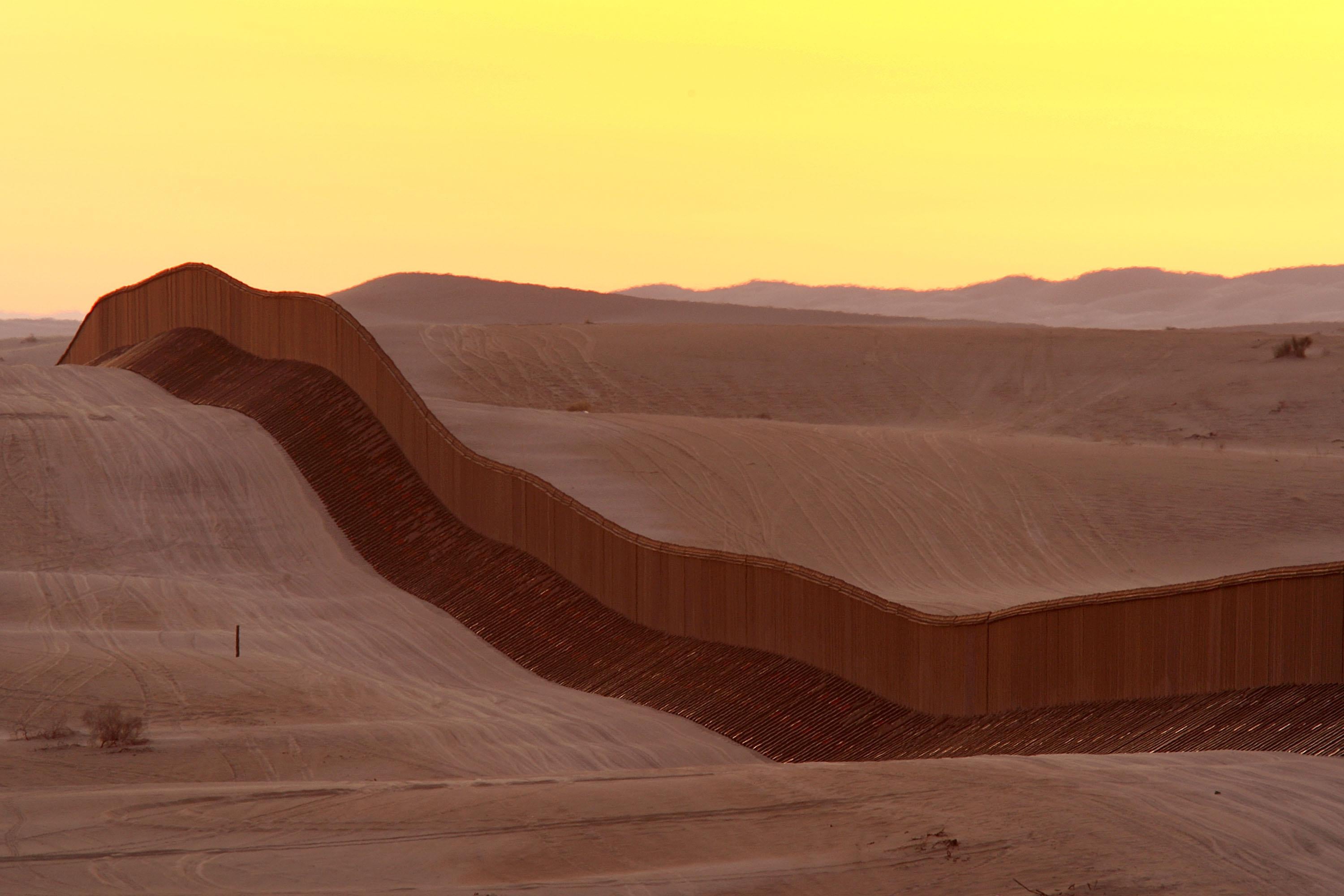TUCSON, Ariz.—On Wednesday, while driving to a house on the U.S.-Mexico border, I caught Sen. John McCain giving an interview to one of the state’s increasingly receptive conservative talk radio hosts. A key point, one that McCain returned to several times, was that technology “developed by Gen. Petraeus in Iraq” could be used to patrol the border.
Yesterday, before a fairly hostile crowd (on this issue, especially), McCain explained what he meant. His job, he said, was convincing skeptics that “there won’t be a third wave [of illegal immigrants] into this country” if his bill gets passed. It would spend “$1.5 billion on technology,” which could do the trick.
“The real key to getting our border secure is technology,” said McCain. “In Iraq, we developed incredible technology, Gen. Petraeus did, because of the IED problem. They developed a radar which not only surveils the types of people doing things, but believe it or not, this radar tracks them back to where they came from. We need to have this radar all across our border, and the sensors and the drones, so we can assure the people of this country, the people of Arizona, that we have effective control of our border.”
The recent history of shiny tech-y solutions to border crossings isn’t incredibly promising. In 2006, Boeing won a $1 billion contract for the Secure Border Initiative, a system of sensors and cameras. It didn’t really work; in 2011, DHS scrapped it.
So McCain’s trying to change the way people think about tech on the border. When a liberal town hall questioner asked McCain to stop focusing on security and focus on family reunification, he repeated that “we have technology now that can secure the border, because I’ve seen it in action and Iraq and Afghanistan.”
It was a consistent applause line, as was McCain’s call for a “conversation” about drug use.
“Should we glamorize the use of cocaine to our kids?” he asked. “Should we find it acceptable at some levels of society that people have social events where drugs can be used? It sometimes makes me a little angry when the same people that are using the drugs are telling me, ‘Why don’t you get tough on the border?’ I’ll be glad to get tough on the border if you stop creating an environment where our young people think it’s a great idea to use these things that’ll kill ‘em!”
